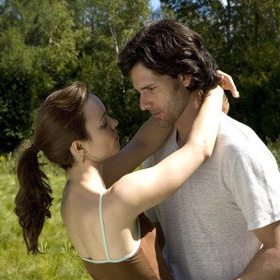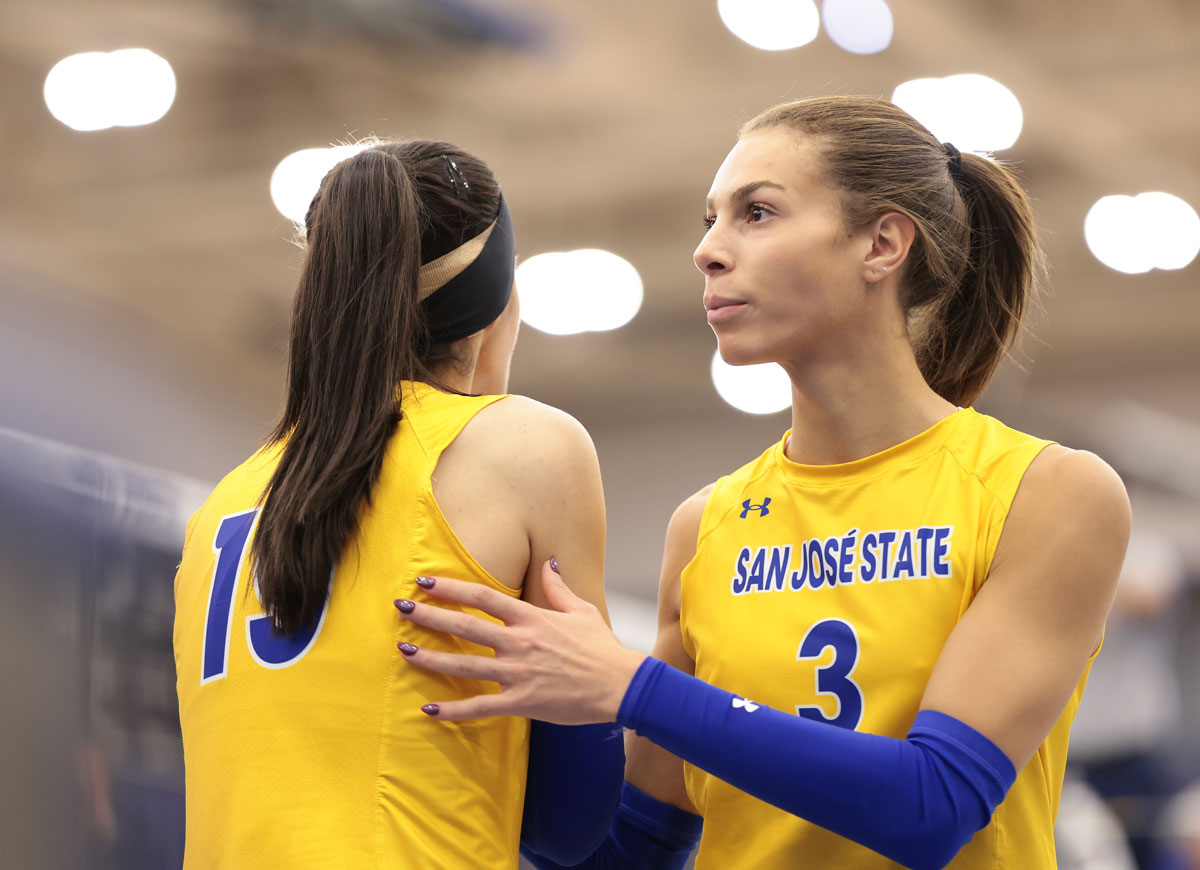The Time Traveler's Wife

3/5
For many the idea of time travel is a fascinating and enticing notion mostly due to the impossibility of the idea. Cinema continues to flush out this concept on screen as a way to expose the potential of an alternate reality and what this could mean to the lives of its characters. As time passes, we cannot help but wonder what would happen if we could only step back into the past for even a moment and change the course of life. The Time Traveler’s Wife explores the trials and tribulations through the life and marriage of a man who suffers from a genetic disorder that forces him to travel through time against his will.
As a result, Henry DeTamble is swept back and forth through his years where he continues to engage in traumatic and meaningful experiences and people that made the biggest impact on his existence. Based on Audrey Niffenegger’s eponymous novel, The Time Traveler’s Wife shares a story of a woman left to wonder when and where her husband has landed at any given place and time. Robert Schwentke directs a film that explores the notion of time travel and forces the viewer to consider the consequences and rewards of being thrust into forgotten and future experiences.
The Time Travelers Wife begins with a rear shot of a naked Henry DeTamble (Eric Bana) as he swiftly dresses in the sticks of a library. In the next scene, we are immediately introduced to the six-year-old version driving with his mother on Christmas Eve. Within moments, a terrible car crash leaves Henry motherless and with an irreversible and unexplainable disorder. We are soon confronted with the older Henry as he begins to explain the complexity of the situation while aiming to comfort his former self through the tragedy.
As we see the two bodies speak, we are given our first explanation of time travel through the ears of this little boy. As the film progresses, Henry is confronted with a women who he unknowingly shares a previous relationship. As the two reconnect, Claire Abshire (Rachel McAdams) begins to clarify the difficulty of their relationship and how they met years earlier as a young girl and older graying man. As Clare and Henry are reintroduced in their twenties, they begin their formerly impossible relationship that eventually leads to marriage.
Claire’s blatant explanation of time travel begins a pattern of overly simplified and repetitive explanations in a film that continually repeats itself. Each time Henry is catapulted through time, he arrives at his destination stark naked and confused as he rummages to find something appropriate to wear. Since Henry is always and only thrown out of important and life-changing events, it becomes very easy to guess when a “sudden” time travel will occur. Each episode forces the viewer to again follow this fashion fugitive through alleyways, dodging policemen who fail to catch the man who is just as suddenly sent back to the present day. Within the first twenty minutes of the film, the viewer becomes distracted by the continuous shots of Bana as he remains undressed for unnecessary stretches of time as a way drill in the reality that Henry is again sent through time naked.
Although this film aims to showcase the qualities and meaning of a great love, the result is overly sentimental and bleak. Bana gives a dry and uninspired performance that fails to leave the audience with anything other then glee that the story has finally come to an end. Schwentke allows his characters to explain every obvious change in the appearance of the personalities on screen as a way to unnecessarily clarify his distinct choices.
During the wedding between the lovers, twenty-something Henry is thrown through time as the forty something version continues on to marry his beloved wife. There is no subtlety in the transition as several characters including Henry himself reference the fact that he does in fact look older due to overwhelmingly grayed hair. Claire proceeds to reiterate the fact that although she likes him as an older distinguished gentleman, her love remains strong. MacAdams somehow manages to give a decent performance as the troubled wife and artist despite her less then available costar.
The Time Travelers Wife has the potential to achieve greatness, and yet without the chemistry between the two leads, a film ultimately about love cannot deliver. Throughout the film, actors merely tell the audience what we can plainly see unfolding on screen. The audience is rarely left sympathetic to the characters as we are constantly told that there may be another chance to succeed at any given hurdle. Although this film jolts back and forth through forty years in a little under two hours, we are left drained and wilted and wanting nothing more then to suddenly travel back in time to before the movie began.
Starring: Eric Bana, Rachel McAdams, Arliss Howard, Ron Livingston, Stephen Tobolowsky
Director: Robert Schwentke
Runtime: 107 Minutes
Distributor: New Line Cinema
Rating: PG-13
1 Comments
Leave a comment
RELATED ARTICLES
Get the most-revealing celebrity conversations with the uInterview podcast!





uuh